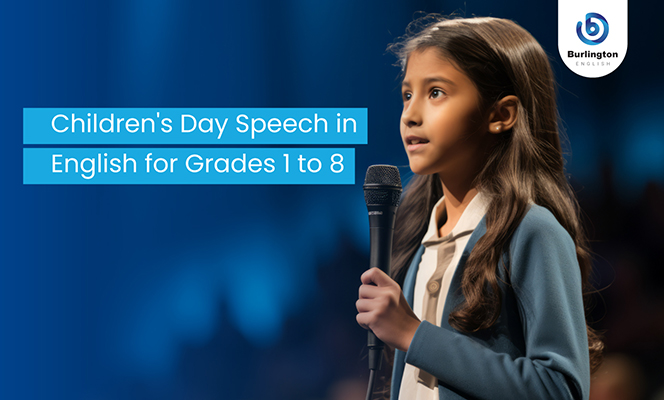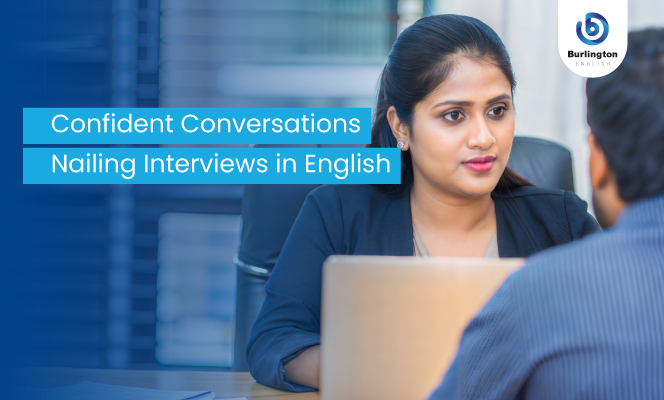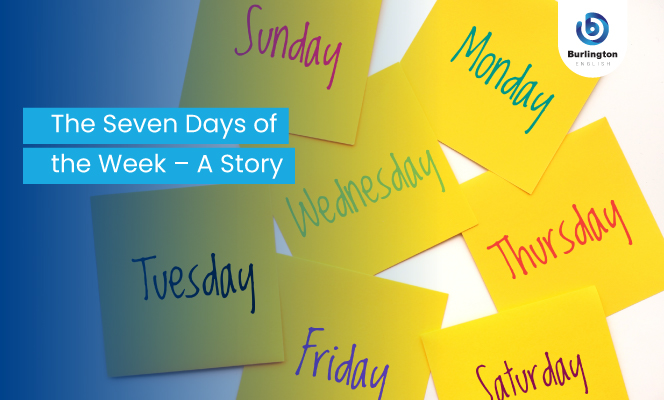How to Learn English at Home?
Here are some top tips for training your brain from the comfort of your sofa – from spoken English training to English Karaoke!
Keep It Comfy
What do you wear around the house? A t-shirt and pyjamas? A onesie*? Put on your comfiest clothes and find a quiet corner of your home where you won’t be disturbed. This could be a desk by a window, a big comfy armchair or sofa, or a cushion on the floor of your bedroom. When you’re studying English or taking an online spoken English course, you need to be able to concentrate and chill.
What’s the English word for the clothes you wear around the house?
*Onesie (noun): a loose-fitting one-piece leisure garment covering the torso and legs.
Example: I’d finished my bath and was in my onesie ready to watch a good movie on Netflix.
Plan It!
Set yourself clear goals for your English learning. Make sure your goals are not crazy or impossible – you certainly won’t be able to learn 100 new words every day! Set attainable goals for 1, 2, or 3 months of learning. Think about your weaker skills and how you’re going to improve them.
Choose days and times and stick to them. On which days are you busiest? When do you normally have more free time? Make sure your learning schedule is feasible.
Do you want to study alone? Or would you like to study online with friends, family, or Burlington classmates? Why not set up your very own online English club on Facebook or Twitter?
What’s My Angle?
Decide what you want to be able to do in English. For example, watch English movies without subtitles, or ace a job interview in English. Choose a few and add them to your plan.
Make a list of the topics that interest you. For example, technology, music, politics, literature, food and drink, fashion. Choose some topics to focus on and again, add them to your plan.
Millions of Hours of Free Learning Materials
The internet provides a treasure-trove of English learning resources. Spend a few hours searching for videos, websites podcasts, and documents that cover your favourite topics and add them to your study plan. YouTube, TED Talks, Pinterest, Reddit – the list is endless.
Podcasts
There are millions of hours of English language podcasts out there – both for native speakers and English language learners. If you’re listening to a podcast in your native language, you might just have it on in the background while you’re doing the ironing; but if you’re using a podcast to improve your English, put on a pair of headphones, sink into your comfy chair, and CONCENTRATE. Try noting down the new vocabulary and then learning its meaning and pronunciation. Many podcasts also come with a transcript so you can read and listen to them at the same time. Browse your favourite podcast provider to seek out some podcasts on topics that interest you. Here are some great podcasts to get you started:
- Rock ‘n’ Roll English
A podcast created by English teacher Martin Johnston who describes it as “like sitting in a British pub listening to two native speakers”. You can find a transcript of the conversations on their website. The podcast is aimed at intermediate (and above) learners. After listening to a few episodes of this, your English will be rockin’!
- The English We Speak
Also, at an intermediate level, this podcast from the BBC teaches you the words and phrases in current use in the UK. In under 3 minutes, you’ll learn new expressions to level-up your everyday conversation. From “cancel culture” to “the new normal”, make sure your spoken English is bang up to date!
- Sixty Second Science
You may have heard of Scientific American – it’s one of the premier science magazines in the USA and has been around for 175 years. These days, they also produce a number of podcasts, and Sixty Second Science is our favourite. A current scientific issue is explained in under 90 seconds and full transcripts are available. Keep up to date with the latest in scientific developments with America’s best science journalists and researchers.
- Plenty Questions
If you like general knowledge quizzes, you’ll love Plenty Questions. Justin Edwards and Lucy Porter ask you twenty general knowledge questions and you have to SHOUT the answers. It’s as simple as that! Play with your family at home or with friends on Zoom. Plenty Questions will build your general knowledge AND help to improve your English.
- BBC Global News Podcast
Listen to the Queen’s English with the very well-spoken BBC reporters. Keep up to date on global developments from a trusted news source. It’s updated twice daily on weekdays and once daily at the weekend. If you want to learn how to use the language from the latest news stories in your everyday spoken English, have a listen to the BBC’s Learning English News Review.
Music! Music! Music!
If you love music, you must have some great English songs in your collection. Try translating them into your language or translating songs from your language into English. Find a YouTube video of an English song that includes the lyrics and try to sing along. Or why not have an online English Karaoke evening with your friends and classmates? Click on the link to Lyricstraining.com where you can complete gap-fill exercises based on popular English songs. When you’ve done the gap-fill, you can sing along to your favorites.
Reward Your Progress!
Each time you achieve a small learning goal, reward yourself! If you scored 10 out of 10 on that vocabulary test, treat yourself to a movie on Netflix and some popcorn! If you aced your last presentation in English, how about a nice meal with friends, or a take-away to celebrate. Rewarding yourself helps you to feel that you’re making progress and that all of your hard work was worth it!







